- Home
- /
- Vitamins etc.
- /
- Microelements in general
- /
- The ABCs of Nutrition:...
What is omega 3, magnesium, lutein or glycin? Vitamins, minerals or micronutrients? What is what and how many are them? Here shortly about each category.
Vitamins
Vitamins are organic compounds that our bodies need in small amounts to function properly. There are two types of vitamins:
- water-soluble and fat-soluble. Water-soluble vitamins include vitamin C and the B-complex vitamins, which include thiamine, riboflavin, niacin, pantothenic acid, pyridoxine, biotin, folate, and cobalamin. These vitamins are not stored in the body, so we need to consume them regularly through our diet or supplements.
- fat-soluble vitamins include vitamins A, D, E, and K. These vitamins are stored in the body’s fat tissue, and excessive intake of these vitamins can be harmful.
Minerals
Minerals are inorganic substances that are essential for our bodies to function properly. They are required for many bodily functions, such as building strong bones, transmitting nerve impulses, and maintaining a healthy immune system.
Some common minerals include: calcium, iron, magnesium, zinc, and potassium. Minerals can be found in many foods, including fruits, vegetables, grains, and meats.
Other micronutrients
Micronutrients are essential nutrients that our bodies need in very small amounts. They include such substances as antioxidants and phytochemicals. These micronutrients play a crucial role in maintaining good health and preventing chronic diseases such as cancer, heart disease and other diseases. Examples of micronutrients include mentioned above omega 3,6 and 9, carotenoids like zeaxanthin, which is contained in green leafy vegetables and egg yolks that may help protect against age-related eye diseases, as well aslutein and astaxanthin, amino acids like taurin, well known to everyone glycine, choline, which was found in egg yolks, liver, and peanuts and which is important for brain function, liver health, fetal development and so on and so forth. There are about 20 of such compounds which was discovered for our health and well-being.
In conclusion, vitamins, minerals, and micronutrients are essential for maintaining good health. Consuming a variety of nutrient-dense foods such as fruits, vegetables, whole grains, lean proteins, and healthy fats can provide us with the necessary nutrients we need. However, if you are unable to meet your nutrient needs through your diet alone, supplements may be necessary. Consult with a healthcare provider to determine if supplements are right for you.
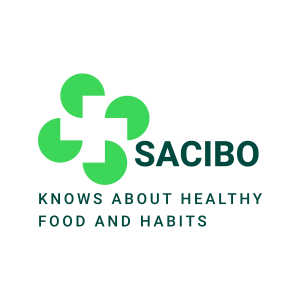





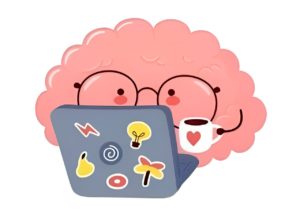

















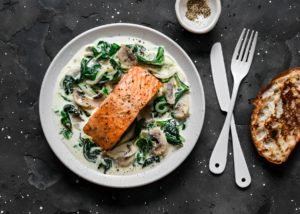


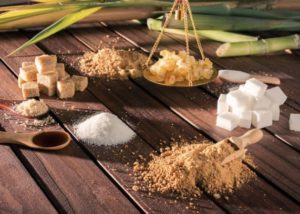




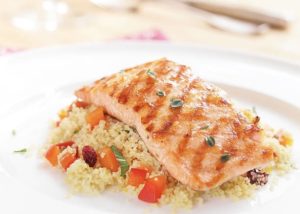







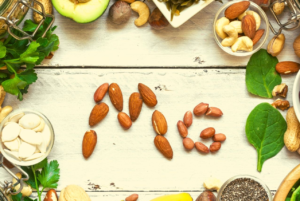






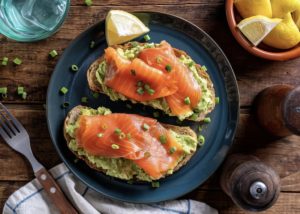
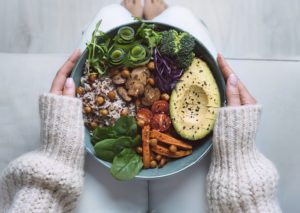


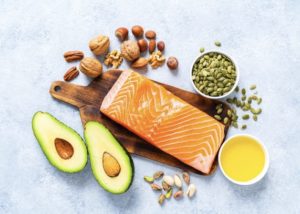












0 Comments